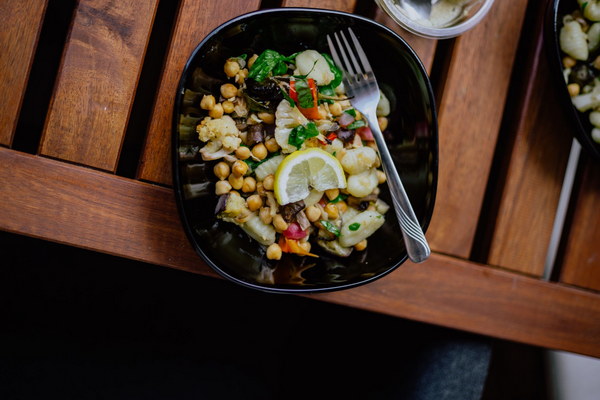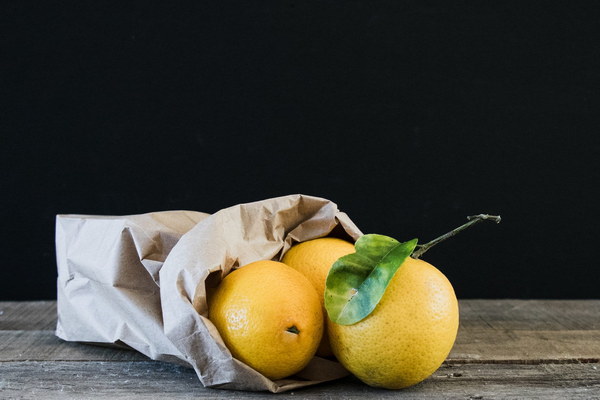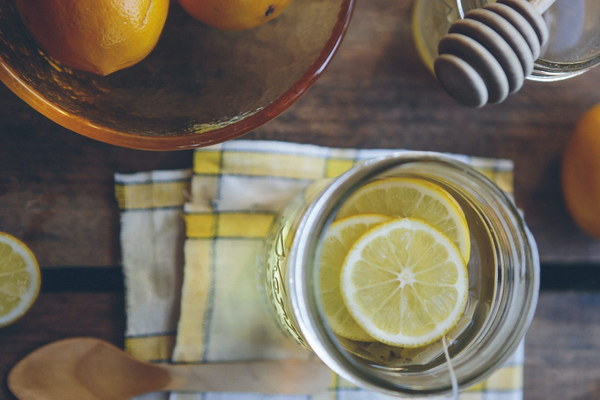Does Yu Lung Autumn Pear Syrup Really Help with Cough Relief
Introduction:
The use of traditional Chinese medicine has been gaining popularity worldwide for its natural and holistic approach to health. One such product that has caught the attention of many is the Yu Lung Autumn Pear Syrup, often hailed for its supposed cough-relieving properties. But does it actually live up to its reputation? In this article, we will delve into the ingredients, mechanisms, and scientific evidence to determine if Yu Lung Autumn Pear Syrup can indeed help with cough relief.
Ingredients:
Yu Lung Autumn Pear Syrup is primarily made from autumn pears, which are known for their high water content and natural sweetness. The syrup also contains other ingredients such as honey, goji berries, and other traditional Chinese herbs. These ingredients are believed to work together to provide relief from coughs and respiratory issues.

Mechanisms of Action:
The cough is a natural reflex that helps to clear the throat and airways of irritants. While the exact mechanisms of action of Yu Lung Autumn Pear Syrup may not be fully understood, there are several theories as to how it might help alleviate cough symptoms:
1. Hydration: The high water content of autumn pears, combined with the sweetness of honey, can help to keep the throat moist, which may reduce the irritation that causes coughing.
2. Antioxidants: The presence of goji berries and other herbs in the syrup may provide antioxidant benefits, which can help to reduce inflammation and soothe the throat.
3. Mucolytic Properties: Some studies suggest that the ingredients in Yu Lung Autumn Pear Syrup may have mucolytic properties, meaning they can help to thin and loosen mucus, making it easier to expel from the airways.
Scientific Evidence:
While there is limited scientific evidence to support the cough-relieving claims of Yu Lung Autumn Pear Syrup, some studies have been conducted to explore its potential benefits.
One study published in the Journal of Ethnopharmacology in 2012 found that the syrup had a significant inhibitory effect on cough induced by histamine in rats. This suggests that the syrup may have anti-cough properties. However, it is important to note that this study was conducted in a laboratory setting and does not necessarily translate to the effectiveness of the syrup in humans.
Another study, published in the Chinese Journal of Traditional Chinese Medicine, investigated the syrup's effects on common cold symptoms in humans. While the study found that the syrup had some beneficial effects on cold symptoms, it did not specifically address cough relief.
Expert Opinions:
Health experts generally agree that while natural remedies like Yu Lung Autumn Pear Syrup may provide some relief for mild coughs, they should not be used as a substitute for conventional medical treatments, especially for severe or persistent coughs.
Conclusion:
While there is some evidence to suggest that Yu Lung Autumn Pear Syrup may help with cough relief, particularly for mild cases, it is not a definitive cure-all for all types of coughs. Its effectiveness may vary from person to person, and it is always best to consult with a healthcare professional before starting any new treatment, especially if you have pre-existing health conditions or are taking other medications.
In summary, while the natural ingredients and traditional uses of Yu Lung Autumn Pear Syrup make it a promising option for those seeking a natural cough remedy, more scientific research is needed to fully understand its effectiveness and safety. As with any cough relief product, it is important to consider the severity of the cough and consult with a healthcare provider for personalized advice.









